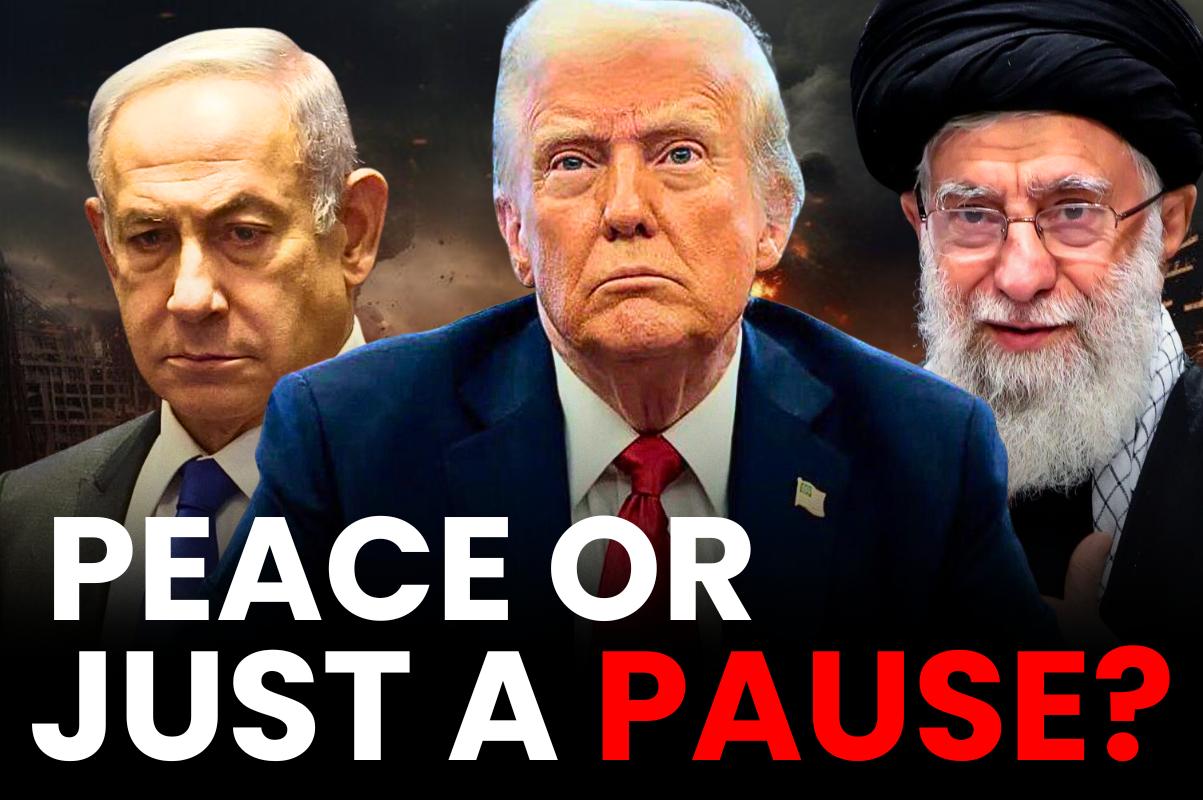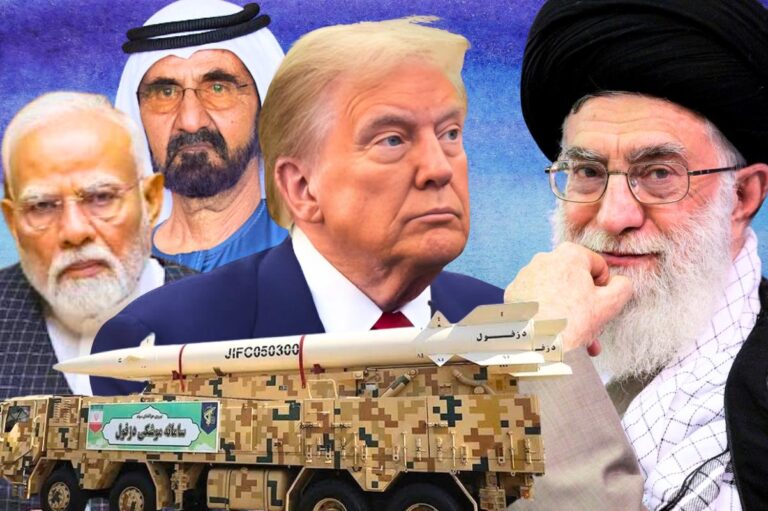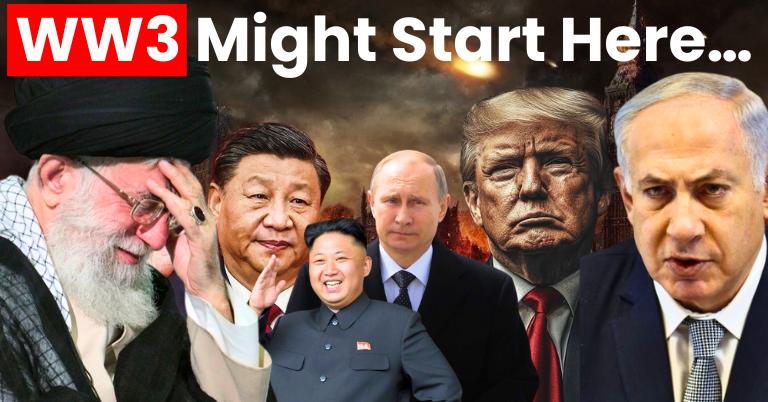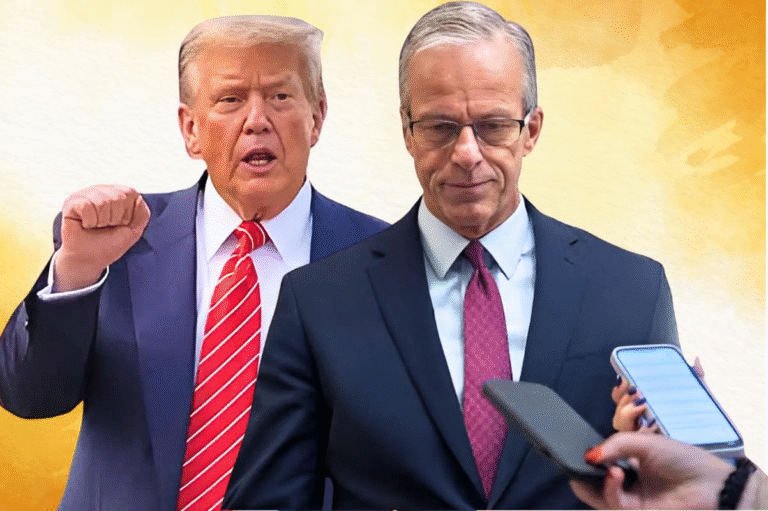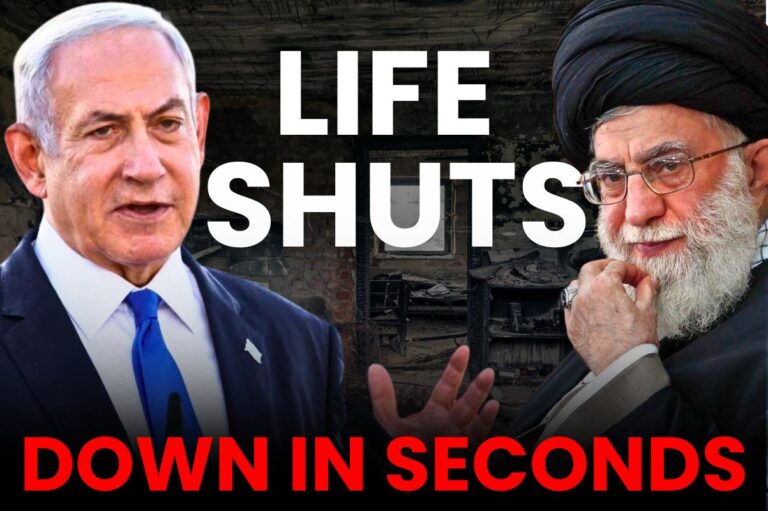Breaking Down the Iran-Israel Ceasefire Agreement Amid Tensions
Despite President Donald Trump’s recent declaration of a ceasefire between Iran and Israel, a pervasive sense of skepticism and confusion persists, obscuring public perception. . This Iran-Israel Ceasefire Agreement Amid Rising Tensions, Iran and Israel have signed a ceasefire agreement. However, many observers are questioning its authenticity and durability. This is because the agreement was born out of a period of fierce hostilities, including Iranian missile strikes targeting U.S. military bases in Qatar. The absence of clear, consistent confirmations from major stakeholders on both sides, coupled with contradictory reports of compliance, only deepens the uncertainty surrounding the Middle East’s already fragile stability.
Missiles Launched by Iran Target Israel Amid Confusing Ceasefire Agreement.
The Declared Ceasefire – Claims and Contradictions
The announcement of a ceasefire, initially proposed by Donald Trump, immediately drew eyebrows. Doubts arose swiftly, especially considering Israel’s ongoing military actions in Gaza. This prompted questions about the conditions under which a broader truce with Iran would be agreed upon. Shortly after Trump’s declaration, reports surfaced suggesting that the ceasefire had already been breached. Israel alleged that Iran had launched further missile attacks, while Iran countered by asserting that its strikes had ceased precisely at the designated start time of the ceasefire. This immediate disagreement underscored the deep distrust inherent in the conflict.
A Familiar Pattern – Trump’s Role in Truce Announcements
President Donald Trump’s involvement in announcing ceasefires is not unprecedented. Notably, his previous declaration of a truce between India and Pakistan stands as a notable example. In this recent instance, he extended his congratulations to both Iran and Israel, affirming that they had achieved a “complete and total ceasefire.” Furthermore, he outlined a phased de-escalation plan, with the objective of fully ceasing hostilities within a 24-hour timeframe. However, persistent reports of ongoing attacks on both sides cast significant doubt on the efficacy and genuine adherence to this meticulously outlined timeline. Subsequently, Trump asserted that both nations had independently sought his mediation for the purpose of achieving peace.
Netanyahu’s Silence and the Absence of Official Endorsements
A notable aspect of the situation has been the prolonged silence from Israeli Prime Minister Benjamin Netanyahu. Given his history of readily praising Trump’s diplomatic actions, his quietude on this significant announcement sparked considerable speculation. Some suggested that Trump’s intervention might have inadvertently complicated Netanyahu’s political standing. Further compounding the uncertainty, senior officials and Iran’s Foreign Minister, Abbas Araqchi, publicly stated that they possessed no knowledge of a formal ceasefire agreement. While Araqchi did indicate that Iran would refrain from retaliation if Israel ceased its aggression, this fell short of a definitive, mutual ceasefire confirmation.
Diplomatic Manoeuvres and Calculated Exchanges
Despite the public uncertainty, diplomatic channels were reportedly active. A Guardian report, citing Reuters, suggested that President Trump engaged directly with Netanyahu, while Vice President Pence communicated with Tehran. Qatar emerged as a crucial mediator, bridging the gap to secure Iran’s cooperation. Some analyses even entertain the intriguing possibility that the recent military exchanges might have been pre-arranged. This theory suggests that both Iran and the U.S. might have discreetly informed each other of impending strikes to minimize casualties and control escalation. Trump’s swift decision not to retaliate after Iran’s attack on a U.S. base in Qatar could be interpreted as part of a broader strategy to avert a wider conflict. Speculation also suggests that the U.S. attacks on Iranian nuclear sites were designed to avoid fatalities.
Market Reactions and the Lingering Question of “Surrender”
Interestingly, the relative stability observed in global markets after the ceasefire announcement hinted that a full-scale war was not widely anticipated. The situation invites contemplation on who, if anyone, truly “surrendered” in this complex ceasefire and what implications this holds for Netanyahu’s political future. The prevailing sentiment suggests that the U.S. may have been keen to prevent a prolonged military engagement in the Middle East, potentially influenced by domestic public sentiment against extended conflicts. From Iran’s perspective, the events highlighted its capacity for restraint and diplomatic engagement, even while asserting its resolve against Israel, underscoring its resilience and continued regional influence despite internal challenges.
- For updates on the situation in the Middle East, please refer to Reuters News.
- For perspectives on Iranian politics and diplomacy, see Al Jazeera.
- For reports on the views of Iranian officials, see BBC Persian.
